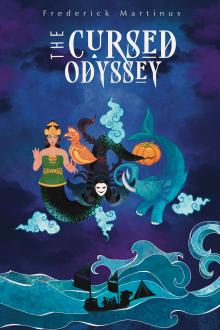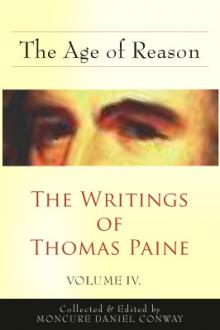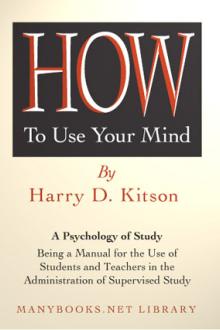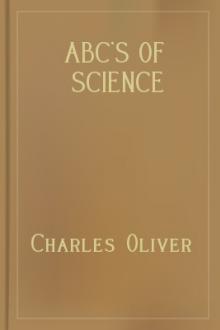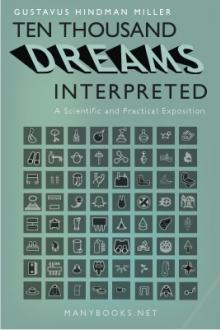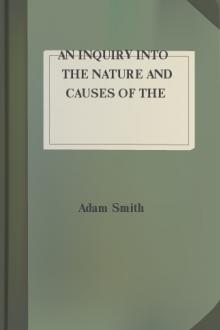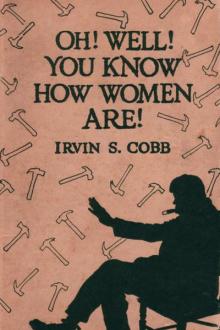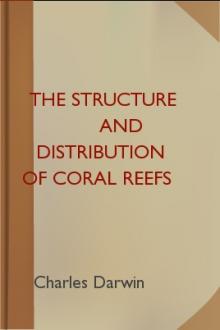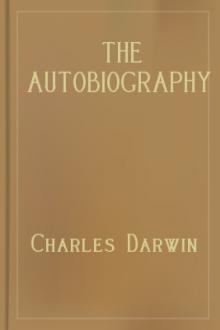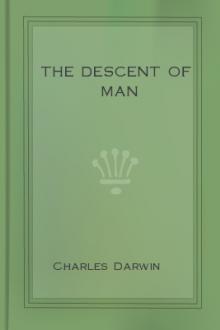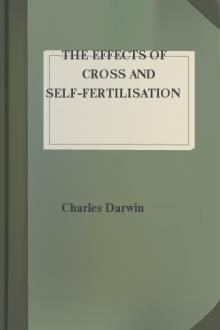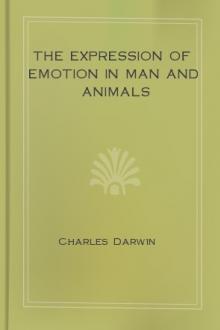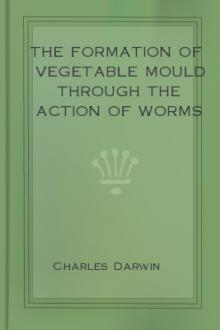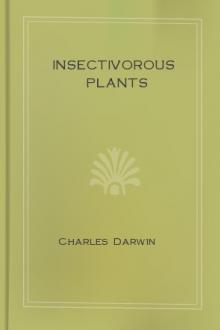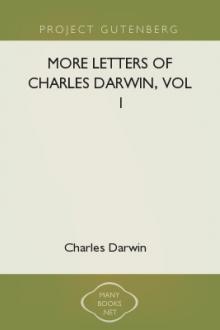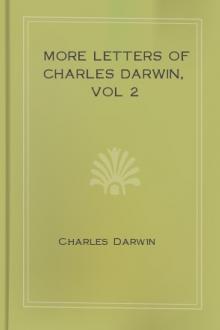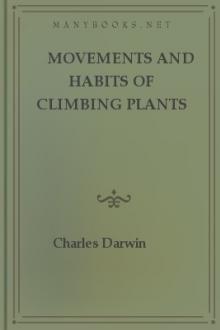On the Origin of Species
On the Origin of Species
or, The Preservation of Favoured Races in the Struggle for Life.
When on board H.M.S. 'Beagle,' as naturalist, I was much struck with certain facts in the distribution of the inhabitants of South America, and in the geological relations of the present to the past inhabitants of that continent. These facts seemed to me to throw some light on the origin of species--that mystery of mysteries, as it has been called by one of our greatest philosophers. On my return home, it occurred to me, in 1837, that something might perhaps be made out on this question by patiently accumulating and reflecting on all sorts of facts which could possibly have any bearing on it. After five years' work I allowed myself to speculate on the subject, and drew up some short notes; these I enlarged in 1844 into a sketch of the conclusions, which then seemed to me probable: from that period to the present day I have steadily pursued the same object. I hope that I may be excused for entering on these personal details, as I give them to show that I have not been hasty in coming to a decision.
Book Excerpt
. Nor have I been disappointed; in this and in all other perplexing cases I have invariably found that our knowledge, imperfect though it be, of variation under domestication, afforded the best and safest clue. I may venture to express my conviction of the high value of such studies, although they have been very commonly neglected by naturalists.
From these considerations, I shall devote the first chapter of this Abstract to Variation under Domestication. We shall thus see that a large amount of hereditary modification is at least possible, and, what is equally or more important, we shall see how great is the power of man in accumulating by his Selection successive slight variations. I will then pass on to the variability of species in a state of nature; but I shall, unfortunately, be compelled to treat this subject far too briefly, as it can be treated properly only by giving long catalogues of facts. We shall, however, be enabled to discuss what circumstances are most favourable to variation. In the
FREE EBOOKS AND DEALS
(view all)Popular books in Science, Non-fiction
Readers reviews
4.0
LoginSign up
On the Origin of Species is probably the only original and major work of science that can be read without special learning in math and other fields. It is a quite interesting book, much in the style and manner of Smith's Wealth Of Nations. One need know no deep theories to recognize the value of that book.
I suspect that people are pushed away from the book for religious reasons in some cases, but more because they think it dull and difficult. It is neither.
A recent movie (2008) attacks Darwin with some ill words about his character and this or that social view. One may like, hate or be indifferent to Darwin, but the validity of his ideas stand by themselves.
I hope that younger people who may read this review will give a bit of thought of just why do males have colorful feathers (in birds) and other displayts in other kinds of animals. Also, why do males only get sex-linked diseases. Both promote Darwinism, neither is obvious.
I suspect that people are pushed away from the book for religious reasons in some cases, but more because they think it dull and difficult. It is neither.
A recent movie (2008) attacks Darwin with some ill words about his character and this or that social view. One may like, hate or be indifferent to Darwin, but the validity of his ideas stand by themselves.
I hope that younger people who may read this review will give a bit of thought of just why do males have colorful feathers (in birds) and other displayts in other kinds of animals. Also, why do males only get sex-linked diseases. Both promote Darwinism, neither is obvious.
- Upvote (1)
- Downvote (2)
Darwin presents a theory of evolution that is, except concerning the inheritance of traits acquired by education in which he still believes, almost identical to the theories now accepted by scientists. He carefully argues this theory of evolution of species by natural selection by presenting the accumulated scientific evidence of his voyage on the HMS Beagle in the 1830s. His theories were opposed to the then-accepted viewpoint of creationism. It is arguably one of the pivotal works in scientific history. Moreover, it was (and still is) eminently readable, even by the non-specialist.
09/25/2004
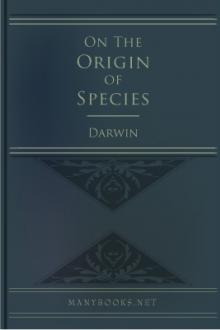
 Free Download
Free Download







